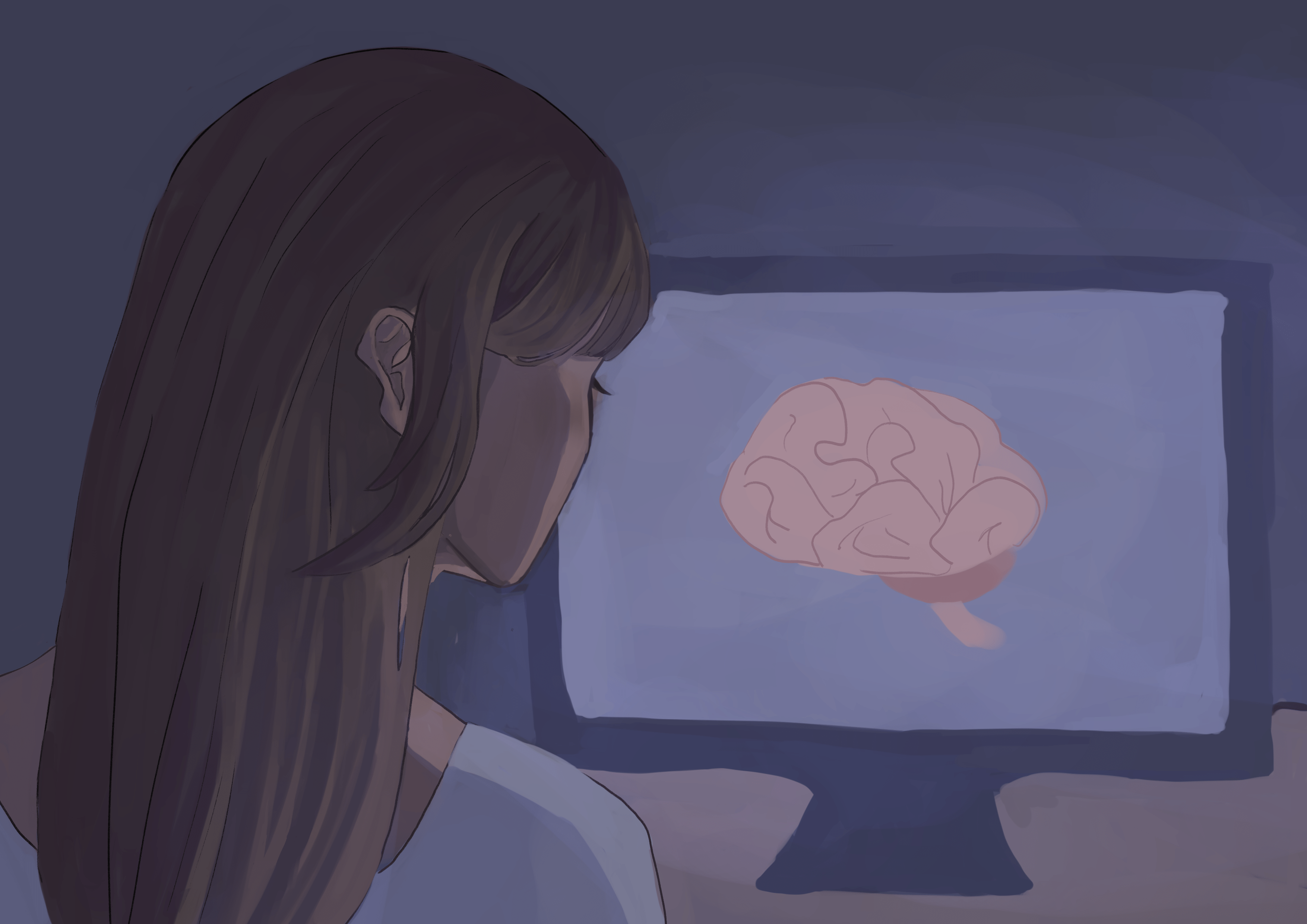Educational technologies, such as Zoom, eClass, and Turnitin are making a resurgence in students’ lives as the new academic year begins.
These technologies have significant impacts on students’ mental health, according to Kate Tilleczek, a professor in the Faculty of Education and a Canada Research Chair in youth, education & global good. She describes this as a time “full of tensions and possibilities for young people for positive and negative outcomes.”
Online classes are one of the most common ways students interact with technology at university. At York, there are 389 unique online courses open this year.
Tilleczek states these online courses come with both positives and negatives. “All online courses are not the same,” she says. “They are helpful [for] access to courses you might not otherwise have and the convenience of popping in online.
“However, there are many evidence-based concerns with privacy, lack of transparent consent [… and] social context that is needed for deeper learning, and loneliness.” She further adds that the disadvantages of online courses also include physical detriments, like excess time in front of screens, which adds to eye strain, and sitting for long periods.
The popularity of technology also presents privacy and security concerns, which have been frequently reported on in recent years. Security experts have pointed out that Meta’s app Threads, that launched in July 2023 as a competitor to Twitter (now X), is lacking in its privacy policy as it allegedly collects user data.
British Columbia’s Information and Privacy Commissioner released a report this past spring stating that Canadian Tire stores broke the province’s privacy laws regarding the facial recognition system used for in-store video surveillance. In Europe, the Irish government has added two additional commissioners to its Data Protection Commission, which plays a role in enforcing the European Union’s data protection regulations.
Tilleczek encourages youth to consider these concerns as well. “They have rights to their own wellbeing and privacy and do not need to hand over all of this time and control to digital tech and social media,” she explains.
She also states that the concerns over the technological needs of youth have now gained the attention of the United Nations — alluding to a new guideline called General Comment 25, which comes from the UN Convention on the Rights of the Child which expands on the right to digital wellbeing.
Tilleczek has described back-to-school as a “fresh start and false start.” According to her, “It is both a very positive and potentially anxiety-provoking time,” due to the many questions it raises: “Who is the teacher? Will I find my way? Will my friends be there? Will I succeed?”
When asked how students can make the best use of technology this year while managing the potential negative mental health impacts, Tilleczek feels that students should “think about their wellbeing in all of its domains” and ask themselves, “Is tech helping or hindering?” It can also help to “be reflective and speak to friends, families and teachers,” and for students to “educate themselves and each other on the negative implications of technology.”


